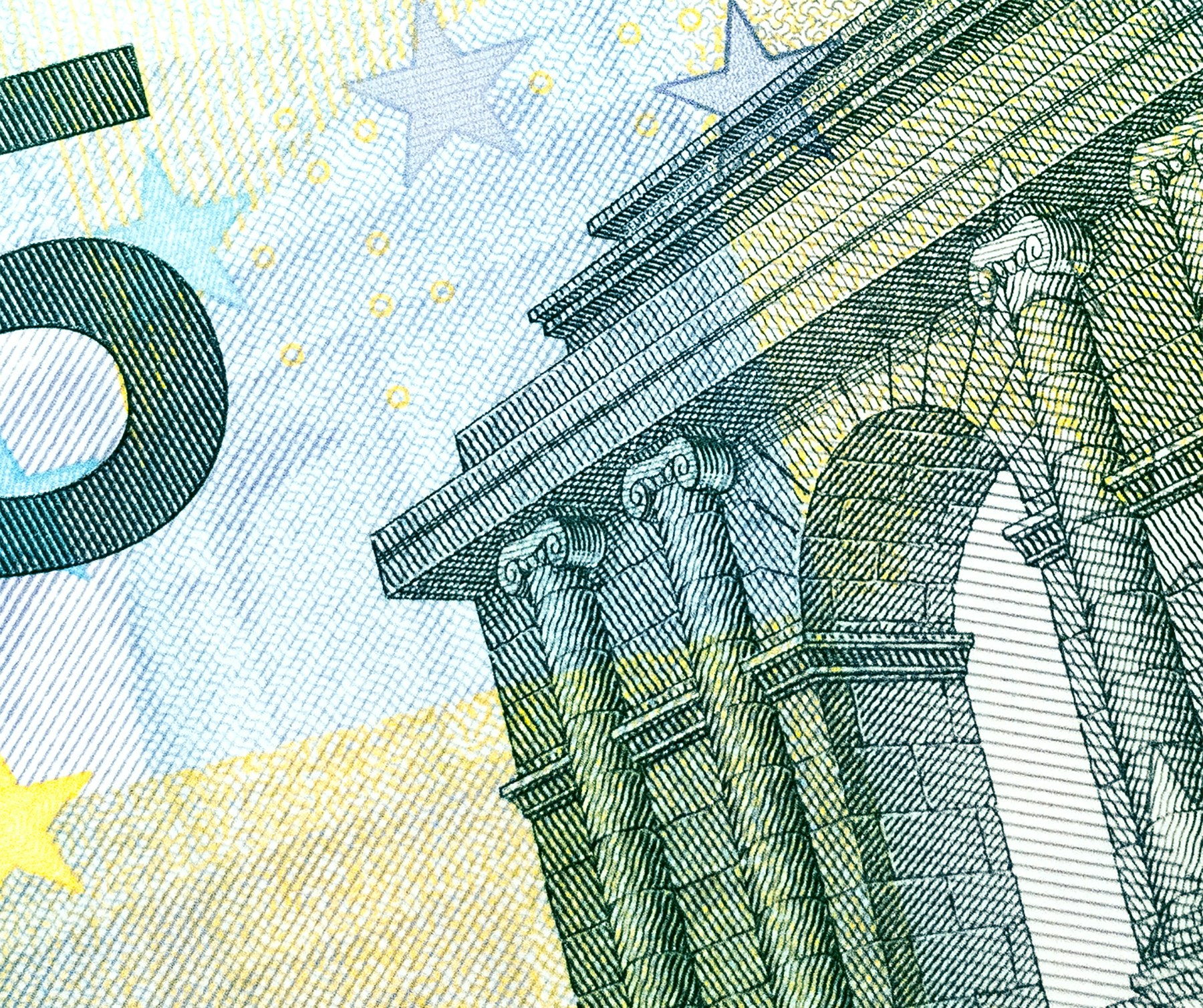
Major Leagues: Business Generating Billions
In the realm of sports, major leagues stand as colossal pillars of business and entertainment, generating staggering revenues that influence economies and cultures worldwide. From the NFL to the NBA, these leagues have evolved into multibillion-dollar enterprises, leveraging a combination of media rights, sponsorships, merchandise sales, and global fan engagement to fuel their growth.
The Economic Impact
Major leagues such as the National Football League (NFL) and the National Basketball Association (NBA) wield significant economic influence:
- Revenue Streams: These leagues derive revenue from diverse sources, including broadcasting rights, ticket sales, merchandise, and corporate sponsorships.
- Job Creation: They create jobs directly through teams, stadiums, and league offices, and indirectly through associated industries like hospitality and retail.
- Local Economies: Cities hosting major league teams benefit from increased tourism, job opportunities, and enhanced local infrastructure.
According to Forbes, the NFL topped the list of the world’s most valuable sports leagues in 2023 with an estimated value of $94 billion, followed closely by the MLB and NBA.
Media and Broadcasting Rights
Media rights form the backbone of revenue for major leagues:
- Global Audience: Leagues capitalize on a global audience through broadcast partnerships, streaming platforms, and digital rights agreements.
- Financial Windfall: The NFL’s broadcasting deals alone are worth billions annually, illustrating the immense value networks place on live sports content.
- Digital Expansion: Streaming services like Amazon Prime and DAZN have entered the fray, securing rights to live games and expanding the viewer base further.
As consumers shift towards digital platforms, leagues adapt by striking deals that cater to changing viewing habits, ensuring continuous revenue growth.
Sponsorships and Brand Collaborations
Corporate sponsorships are integral to the financial ecosystem of major leagues:
- Global Brands: Companies vie for exposure through jersey sponsorships, stadium naming rights, and promotional campaigns.
- Mutually Beneficial: Partnerships between leagues and brands enhance visibility and market reach, fostering a symbiotic relationship.
- Player Endorsements: Star athletes serve as brand ambassadors, endorsing products and services to global audiences, thereby boosting revenue streams.
For instance, Nike’s endorsement deals with top NBA players not only drive shoe sales but also elevate the league’s global profile.
Fan Engagement and Digital Innovation
Engaging fans remains pivotal to sustaining growth:
- Social Media: Leagues leverage platforms like Instagram and TikTok to connect with younger audiences, offering behind-the-scenes content and interactive experiences.
- Fantasy Sports: Fantasy leagues amplify fan engagement by allowing participants to draft players and compete based on real-world performance, enhancing viewer interest and loyalty.
- Virtual Reality (VR): Emerging technologies such as VR enable immersive fan experiences, from live game simulations to interactive stadium tours.
By embracing digital innovation, major leagues cultivate a dedicated fan base that spans generations and geographies, ensuring sustained revenue growth and global relevance.
Challenges and Future Outlook
Despite their robust financial standing, major leagues face challenges:
- Legal and Regulatory: Issues like player contracts, collective bargaining agreements, and antitrust laws can impact league operations and financial strategies.
- Market Saturation: Intense competition for viewership and sponsorship dollars necessitates constant innovation and adaptation.
- Global Expansion: Leagues explore international markets, seeking to broaden their fan base and unlock new revenue streams amidst cultural and logistical challenges.
Looking ahead, major leagues are poised to continue their ascent as economic powerhouses, driven by innovation, strategic partnerships, and unwavering fan loyalty.
In conclusion, major leagues represent more than just sports; they are thriving businesses that fuel economies, shape consumer trends, and unite global communities through the universal language of athletic competition.



